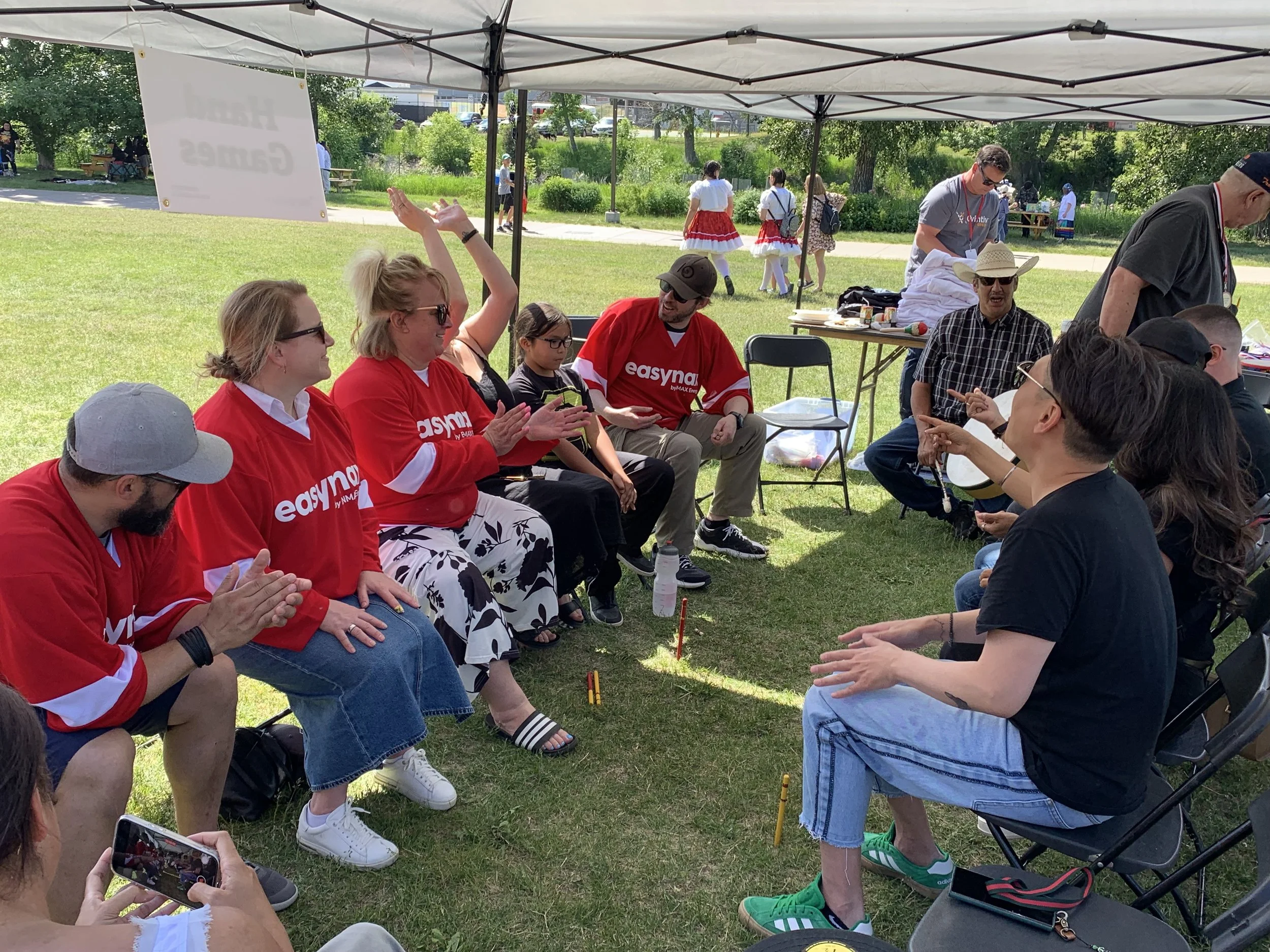Case Study: Supporting a Utility Company’s Indigenous Relations Journey
Building an Indigenous Relations Framework
Forum Community Relations was engaged by a utility company to support the development of a comprehensive Indigenous Relations Framework grounded in national standards and adapted to the organization’s context. At the outset, Forum explored the Partnership Accreditation in Indigenous Relations (PAIR) certification process through the Canadian Council for Indigenous Business (CCIB) as a potential path for the company.
While the organization valued the clarity and rigour of the PAIR framework, it ultimately determined that formal certification was not necessary at that time. Instead, Forum guided the creation of a custom PAIR-compliant Indigenous Relations Framework—one that aligned with the company’s priorities, reflected its relationships with Indigenous communities, and met internal expectations without the cost or administrative requirements of the PAIR accreditation program.
This tailored framework included:
A meaningful and locally grounded land acknowledgement
An Indigenous Relations Policy aligned with the company’s values and commitments
A clear strategic purpose, supported by goals and objectives
A governance and stewardship structure
An implementation plan to bring the framework to life
From the beginning, one key priority emerged: building awareness and understanding across the organization about the history, experiences, and interests of Indigenous Peoples—not just at a surface level, but in a way that could drive meaningful change in day-to-day work.
Two-Part Learning Journey: From Truth to Reconciliation
Forum designed and delivered a two-part learning solution open to all employees three times per year. This intentional journey begins with truth, and moves to action.
Part 1: KAIROS Blanket Exercise
This experiential workshop immerses participants in the shared history of Indigenous and non-Indigenous peoples in Canada, using blankets to represent the land and storytelling to walk through pre-contact, treaty-making, colonization, and resistance.
Participants gain an emotional and intellectual understanding of how land loss and colonization affected First Nations, Inuit, and Métis communities—and how Indigenous Peoples continue to resist and reclaim. The session includes a talking circle and personal testimony from a residential school survivor, often leaving participants transformed.
Learn more about the Blanket Exercise →
Part 2: Reconciliation in Action
A few weeks later, the same group reconvenes to reflect and turn their awareness into action. This session introduces frameworks for reconciliation planning—such as mapping spheres of influence or using the company’s own Indigenous Relations framework—so participants can identify personal and professional actions to support reconciliation. Every participant leaves with a tangible and individualized reconciliation action plan.
Explore Reconciliation in Action →
Executive and Board Engagement
Forum also supported the utility company’s Board of Directors through a tailored “Reconciliation 101” session. This foundational session ensured a shared understanding of the importance, direction, and commitments behind the Indigenous Relations Framework—building alignment and readiness at the governance level.
Land Acknowledgements: Putting Words Into Action
To deepen understanding around a foundational component of reconciliation, Forum delivered a one-hour workshop called Land Acknowledgements: Putting Words Into Action. This session gave participants a better understanding of the history and purpose of land and territorial acknowledgements, the risks and limitations of formulaic approaches, and how to choose language with intention and respect.
Participants explored what makes a land acknowledgement meaningful and drafted a personal land acknowledgement framework using a reconciliation action planning tool. The course was co-delivered by Indigenous and Settler trainers to model reconciliation in practice.
The initial session was recorded and is now housed on the company’s intranet, where it remains available to employees on-demand.
Explore the Land Acknowledgement Workshop →
Supporting the Employee Resource Group
To support the company’s Indigenous-focused Employee Resource Group (ERG), Forum created a customized Protocol Learning Session in a lunch-and-learn format. This interactive session explored what “protocol” means in Indigenous contexts, offering practical tools and stories to help staff respectfully navigate ceremony, gifting, land acknowledgements, community invitations, and more.
Celebrating Indigenous Culture: Handgames Workshop
In further support of the ERG’s learning and celebration of Indigenous culture, Forum partnered with a respected Indigenous knowledge keeper to lead an interactive learning session on Indigenous Handgames. This session offered staff a joyful, hands-on introduction to an important traditional game, deepening cultural appreciation and connection ahead of the company’s participation in a local Family Day powwow.
Cultural Agility Coaching for Leaders
Recognizing that reconciliation requires leadership at every level, Forum also delivered a Cultural Agility Coaching Program to 20 staff in key roles of influence. Over several months, this cohort engaged in deep reflection, applied learning, and structured coaching to build their capacity to lead Indigenous relations work with integrity and impact.
This program, called Aahg-tsoo-go-waa-tsee-yoop (We Are Making Relatives), is now being tailored for inclusion in the company’s existing leadership coaching programming and will be delivered both in small cohorts and on a one-on-one basis.
Explore Forum’s Cultural Agility Coaching Program →


